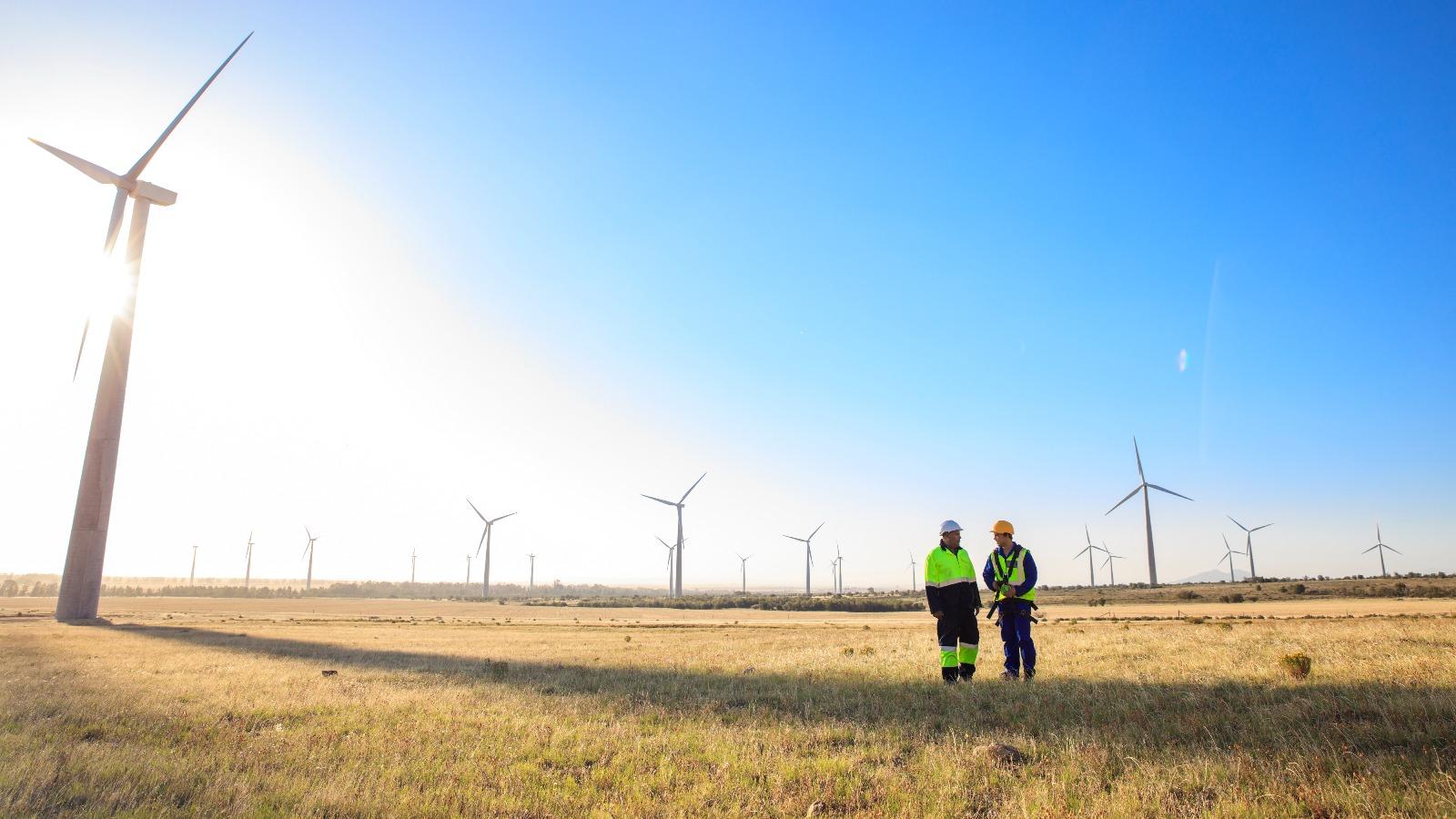India aims to achieve 500GW of non-fossil fuel-based energy capacity by 2030. Between 2014 and June 2025, The country has already seen exponential growth in renewable energy installed capacity from 35.8GW to 184.6 GW.1 In light of these developments, it is critical to consider the environmental and social impact of energy, which together accounts for almost 91% of the total installed renewable energy capacity.2 Environmental and Social Impact Assessment (ESIA) is not mandated for wind and solar energy as these are classified under the ‘White Category’ by the Central Pollution Control Board (CPCB). However, beyond compliance, investors are increasingly demanding a comprehensive ESIA, especially for wind and solar assets and projects, with a focus on clear and granular visibility on environmental and societal risks. Investors and stakeholders are challenging businesses to leverage comprehensive ESIAs to mitigate any value erosion.
A standard ESIA helps identify sensitive areas, adverse impact on nature and biodiversity, land use changes, and impact on natural resources, apart from examining social parameters such as livelihood, land ownership and procurement. While the benefits of clean energy production, job creation and better commercial returns on land use are widely known, the negative impact on nature and biodiversity, socio-economic issues and land-use conflict are often not addressed adequately. If allowed to slip through the cracks, these could become major challenges.

To develop a more comprehensive ESIA in line with global best practices, you as business drivers may want to consider the following actions:
- develop a robust land procurement process which is fair, well documented and auditable
- evaluate the impact of land use on agriculture (labour and non-titleholders included)
- measure noise and shadow flicker from wind turbines
- study the cumulative impact assessments undertaken by other renewable project in the vicinity
- conduct critical habitat screening and assessment of compliance with International Finance Corporation Performance Standards -6 (IFC PS 6)
- factor in the impact of climate change risks and human rights risks as per Equator Principles requirement
To implement the above measures, it’s imperative to bring in domain experts who can rigorously address the key issues in their respective domains and suggest suitable mitigation methods. In fact, when undertaken effectively, a detailed ESIA can serve as more than a means to mitigate risks. It can help enhance operational efficiency, provide access to responsible investment or sustainable capital and induce wider community acceptance of the project. Your investors will also be empowered with better credit risk management along with the ability to meet global compliance standards such as IFC PS and Equator Principles (EP), and drive sustainability across their portfolio while protecting their organisation against reputational risks. This strategy will yield positive results in the future.
Our multi-disciplinary perspective enables us to objectively evaluate where you stand and what’s next. Our team of professionals can help you with a meaningful ESIA which is aligned to international standards and oriented to your business priorities. Our approach includes a robust assessment, due diligence, and gap analysis based on best practices and reputed frameworks such as International Finance Corporation Performance Standards (IFC-PS), World Bank Environment and Social Standards (WB-ESS), Asian Development Bank Safeguard Policy Statement (ADB SPS), and Equator Principles (EP). We offer sharp data and deep expertise you can rely on. We make every action count, so you can deliver value.














